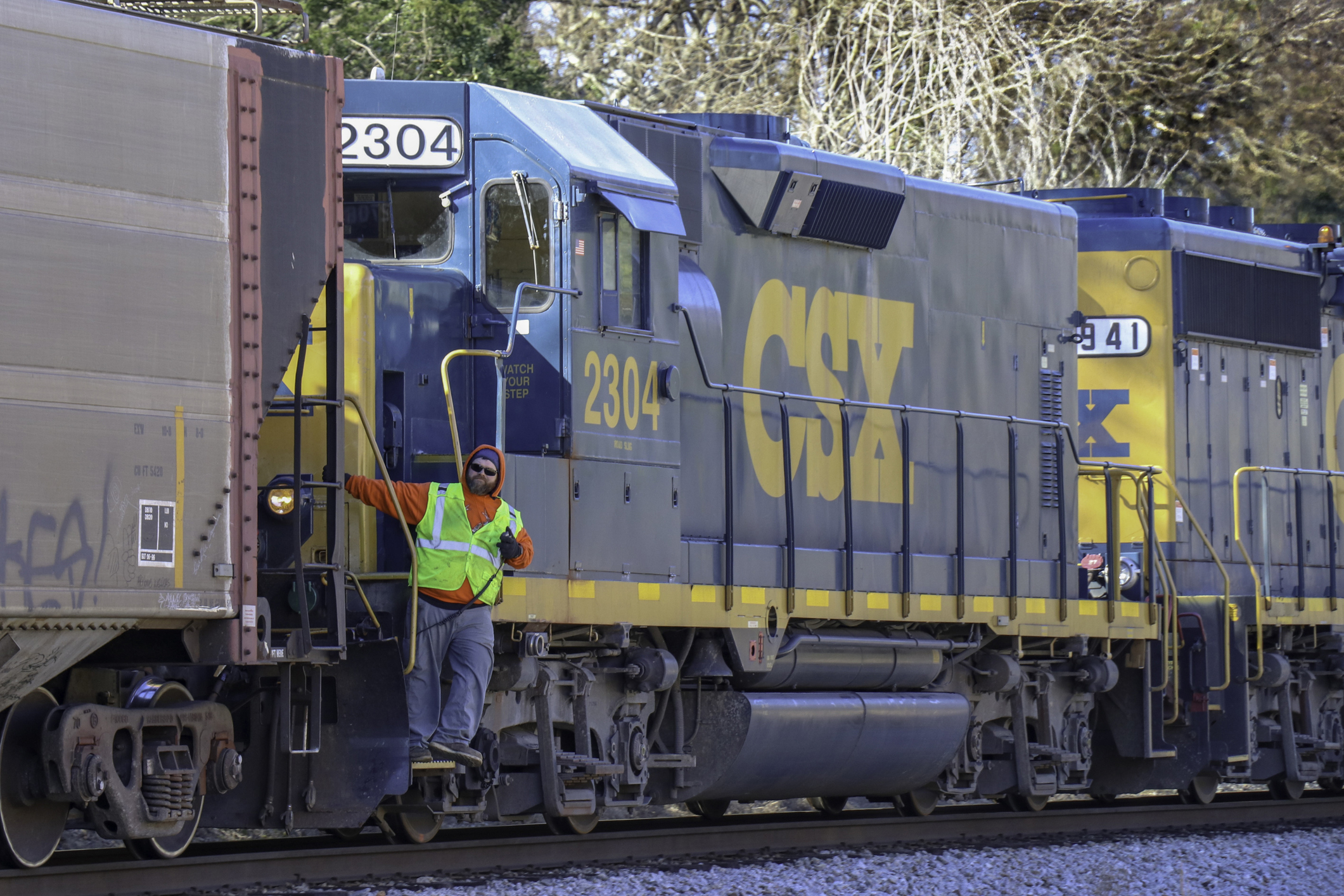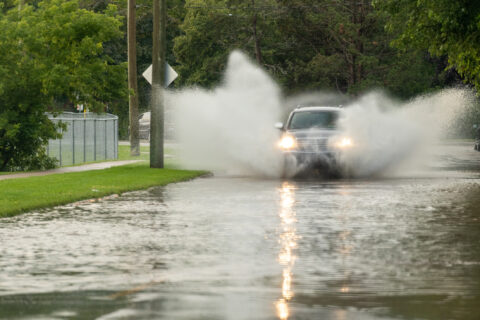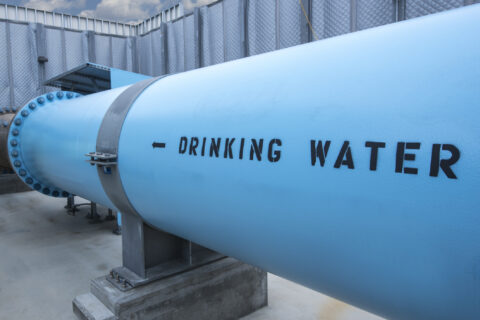Up to three times each day, America’s local first responders are called on to be the first line of defense for local communities when a train leaves its tracks with potentially devastating consequences like we saw in East Palestine, OH, last year. America’s cities, small towns, governors, counties, first responders, and railroad customers have spent the last year sharing with Congress how helpful the bipartisan Railway Safety Act of 2023 (S.576/H.R.1674) could be to limit derailments.
Thousands of America’s cities, towns and villages have rail tracks on their main streets and in their backyards, and every day, there is yet another news story about trains that are off their tracks. In fact, over the last decade, 1 in every 10 cities has experienced a train incident, and 64% of all train incidents occurred within city boundaries. Whether these derailments are a multiple train car fire, a train car overturned and blocking local roads, or a load of cargo and hazardous materials floating down the local waterway, our local first responders are the first call for rail operators when something goes wrong, and that happens far too often.
Derailments Cost Local Governments and Railroads
Cities, towns and villages invest significantly to train, recruit and maintain skilled and capable first responders who are essential to keeping their communities safe. When firefighters were running towards the East Palestine emergency, several communication and safety gaps were identified, and these were addressed with common sense changes in the Railway Safety Act. Additionally, the Railway Safety Act would allow blocked rail and road crossings to be adequately studied and addressed so that those congestion and police response costs can be relieved. Keeping trains on the tracks saves railroads and their customers unnecessary costs, but it also would significantly reduce the unfunded costs Congress is leaving on local governments by not using their rail oversight authority.
Congress Should Follow the NTSB Report Recommendations on East Palestine
The National Transportation Safety Board (NTSB) is preparing to release its final safety investigation report on the factors around the Norfolk Southern derailment in East Palestine soon, and the House Transportation Committee has committed to reviewing that report as they consider the legislation that is already moving faster in the Senate. This year, the National League of Cities’ board passed a resolution to recommend Congressional action immediately after the release of the NTSB East Palestine report to address safety processes, improve rail safety oversight, and prepare first responders before another community must face the economic and environmental consequences of a train derailment with hazardous materials onboard. Sadly, while NTSB is an independent board with experts in every mode of transportation, Congress does not always promptly enact their recommendations so it is imperative that cities reinforce the value of listening to these experts when it comes to the safety of rail in our communities.
“One year after local first responders rushed to contain the derailment in East Palestine, rail incidents are not slowing down and Congress has not passed the common sense, bipartisan Railway Safety Act to protect communities and first responders. Americans with rail tracks in their communities should not have to worry if their city, town, or village will be the site of the next rail disaster. Local government leaders call on Congress to protect our residents with legislation that keeps trains on their tracks and moving safely through our communities before disaster strikes again.”
– Clarence Anthony, CEO and Executive Director of the National League of Cities
Take the Next Step

- Send a Letter: Join thousands of local officials in making your community’s voice heard while Congress is considering legislation on rail safety by sending a letter here.
- See Your Rail Derailment Risk: Zoom in to see your community’s rail safety risk on NLC’s train derailment map.
- See and Report Blocked Crossings Locally: the Federal Railroad Administration’s Blocked Rail Crossing tool to report issues with trains in your community.
Take Action
Join NLC is asking Congress to pass the Railway Safety Act to protect communities.











